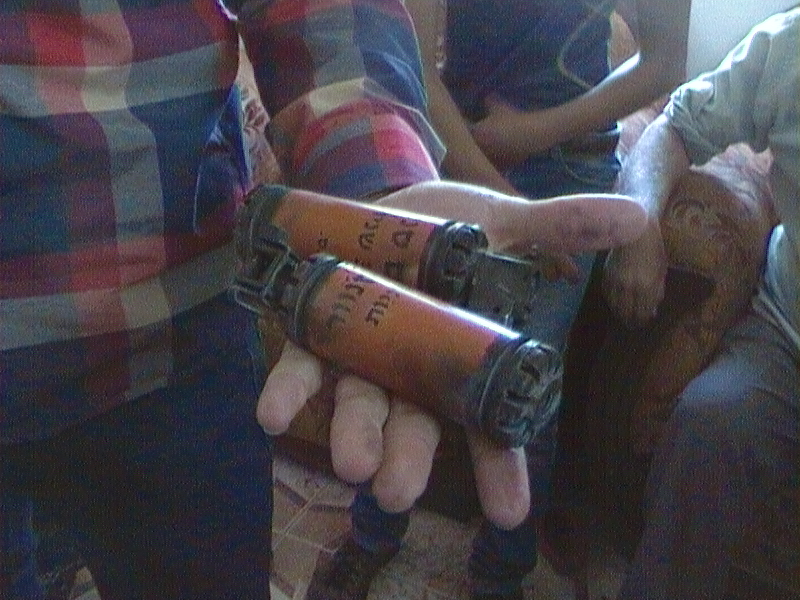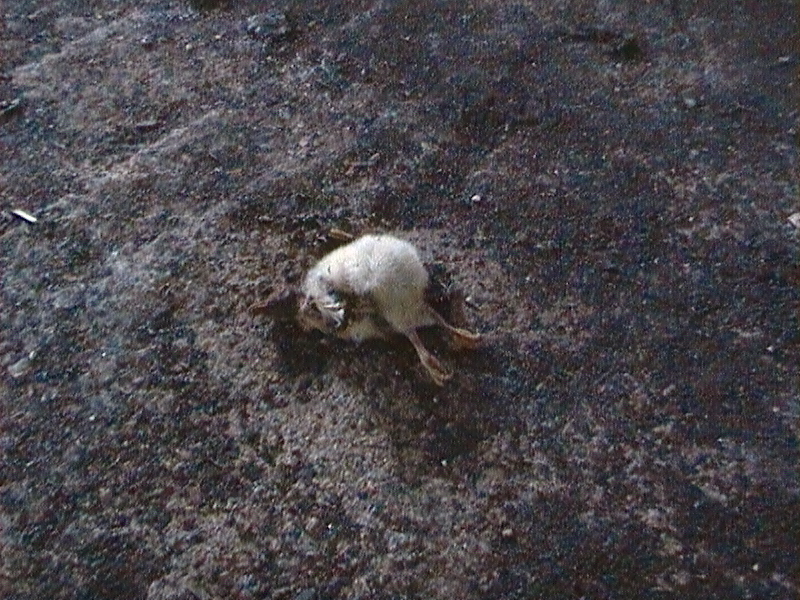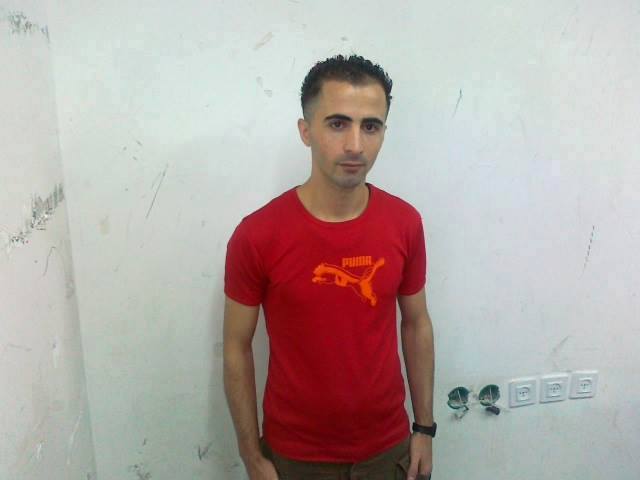Category: Reports
-
An overview into the lives of Palestinian prisoners and their families
23rd April 2014 | International Solidarity Movement, Nablus Team | Occupied Palestine The 17th of April was declared a day of commemoration and remembrance of Palestinian political prisoners in 1974. According to updated statistics from Addameer (Prisoner Support and Human Rights Association), there are currently over 5,200 Palestinian political prisoners, 28 of which are under 16 years old. These…
-

Israeli forces shoot tear gas into houses in Awarta village
20th April 2014 | International Solidarity Movement, Nablus Team| Awarta, Occupied Palestine On the 20th of April, five Israeli jeeps entered the village of Awarta. The Israeli forces broke into four houses and shot several tear gas and stun grenades inside the houses, leaving several families with no other alternative than to sleep elsewhere until…
-

Settlers set fire to Palestinian chicken farm
20th April 2014 | International Solidarity Movement, Nablus Team| Madama, Occupied Palestine On Friday 18th April, during the night in the village of Madama, settlers from a nearby illegal settlement entered a Palestinian farm and sat fire to a newly built chicken house. The damage totaled $12,500 for the 3,500 chickens and their food, as…

